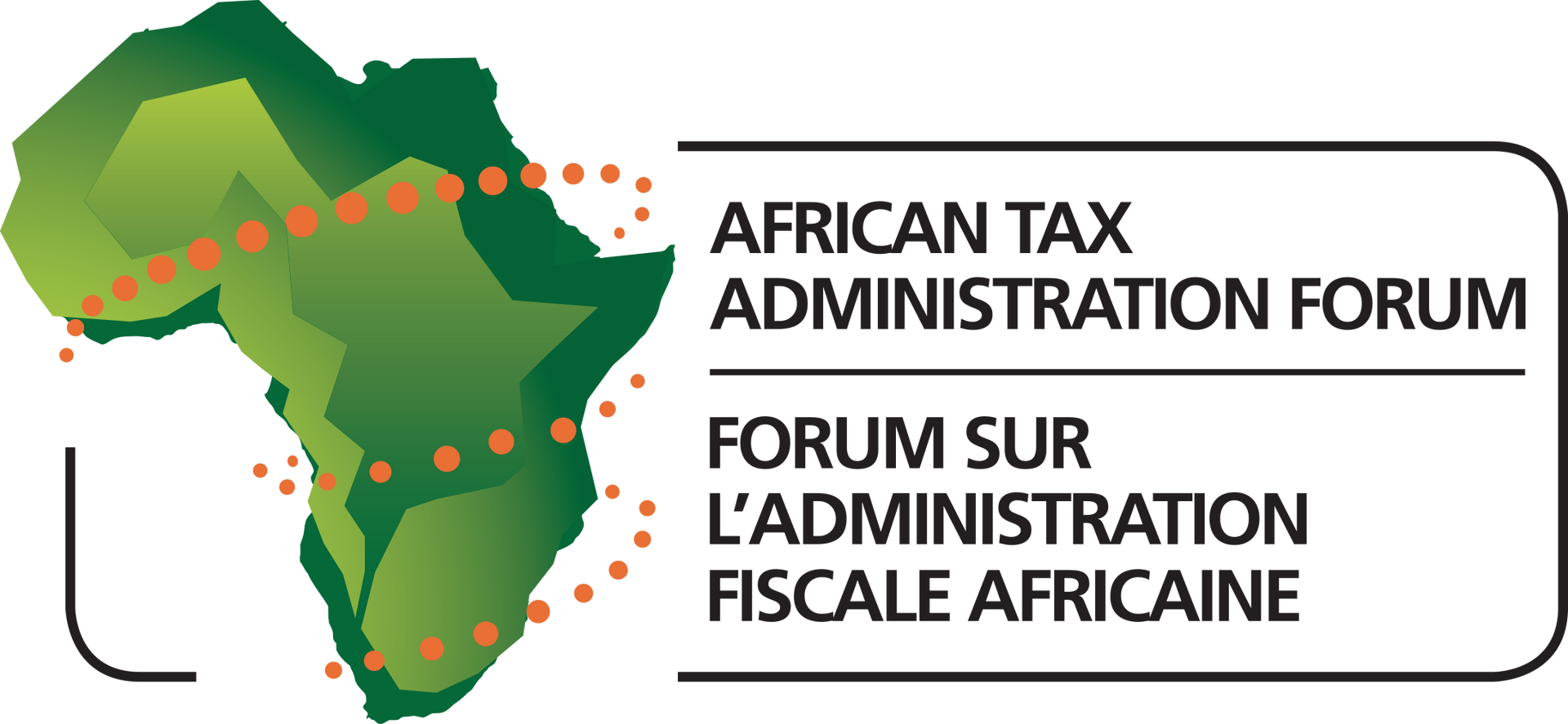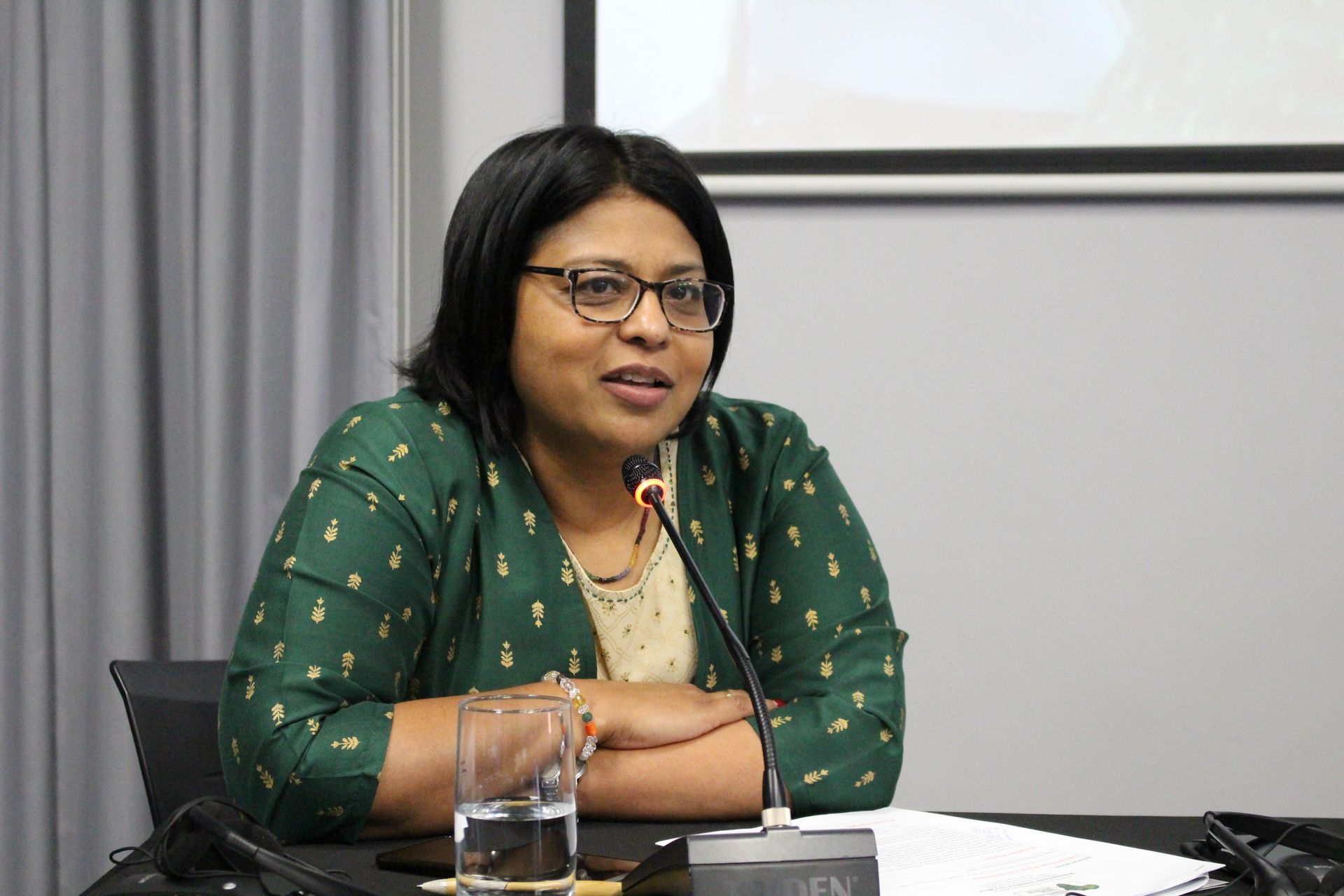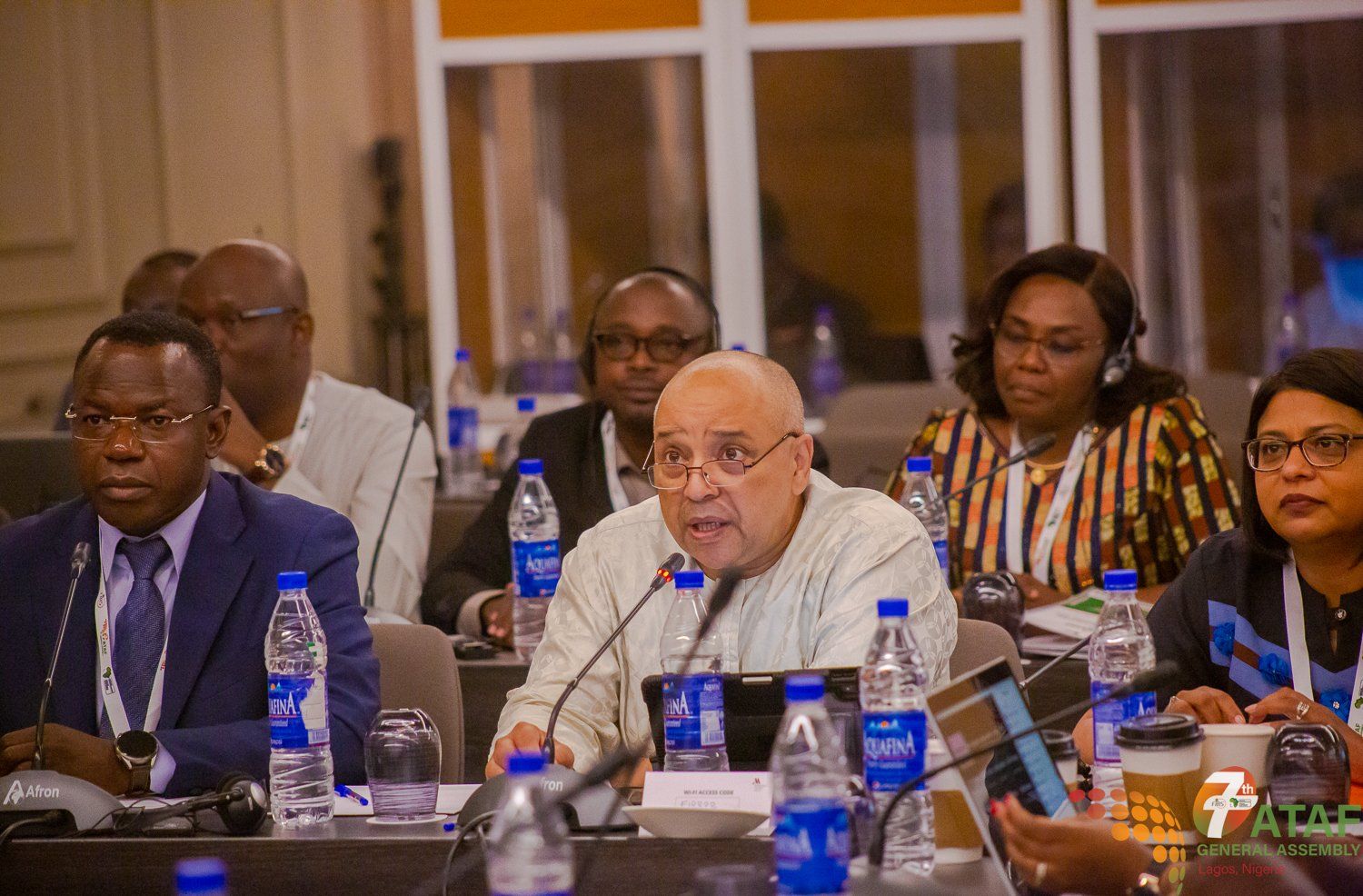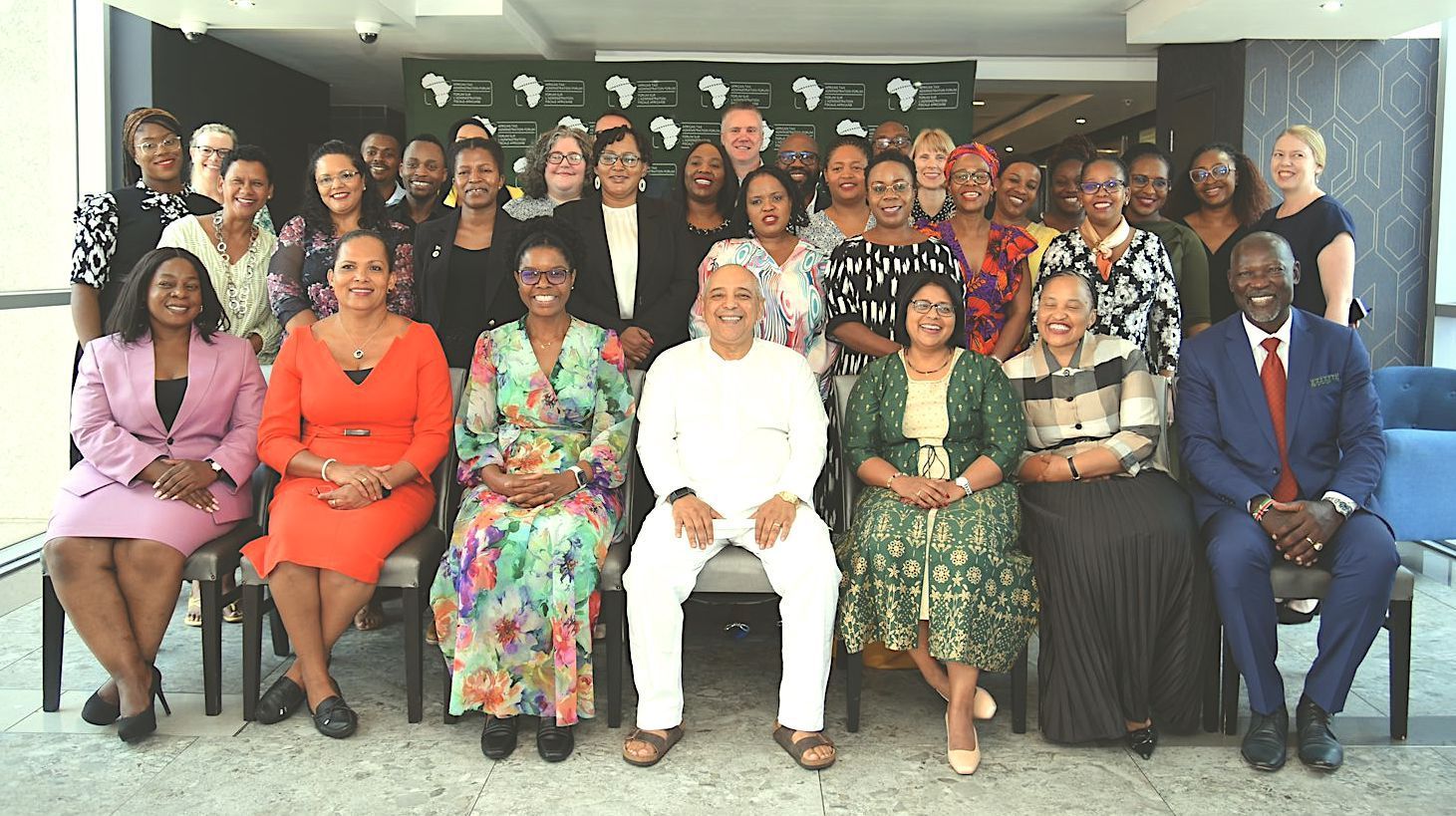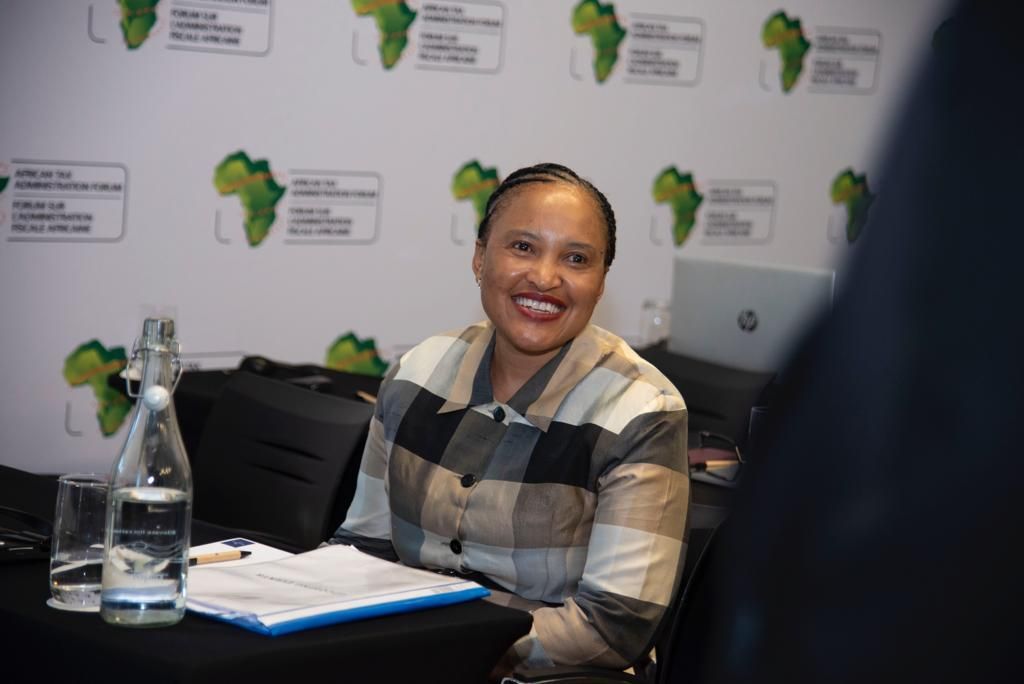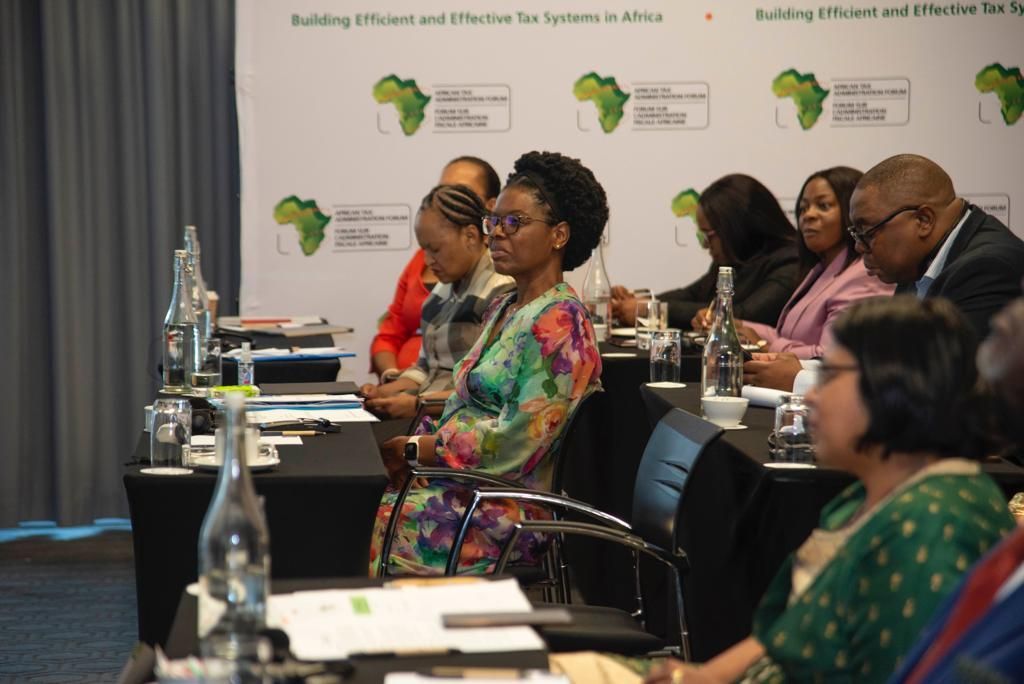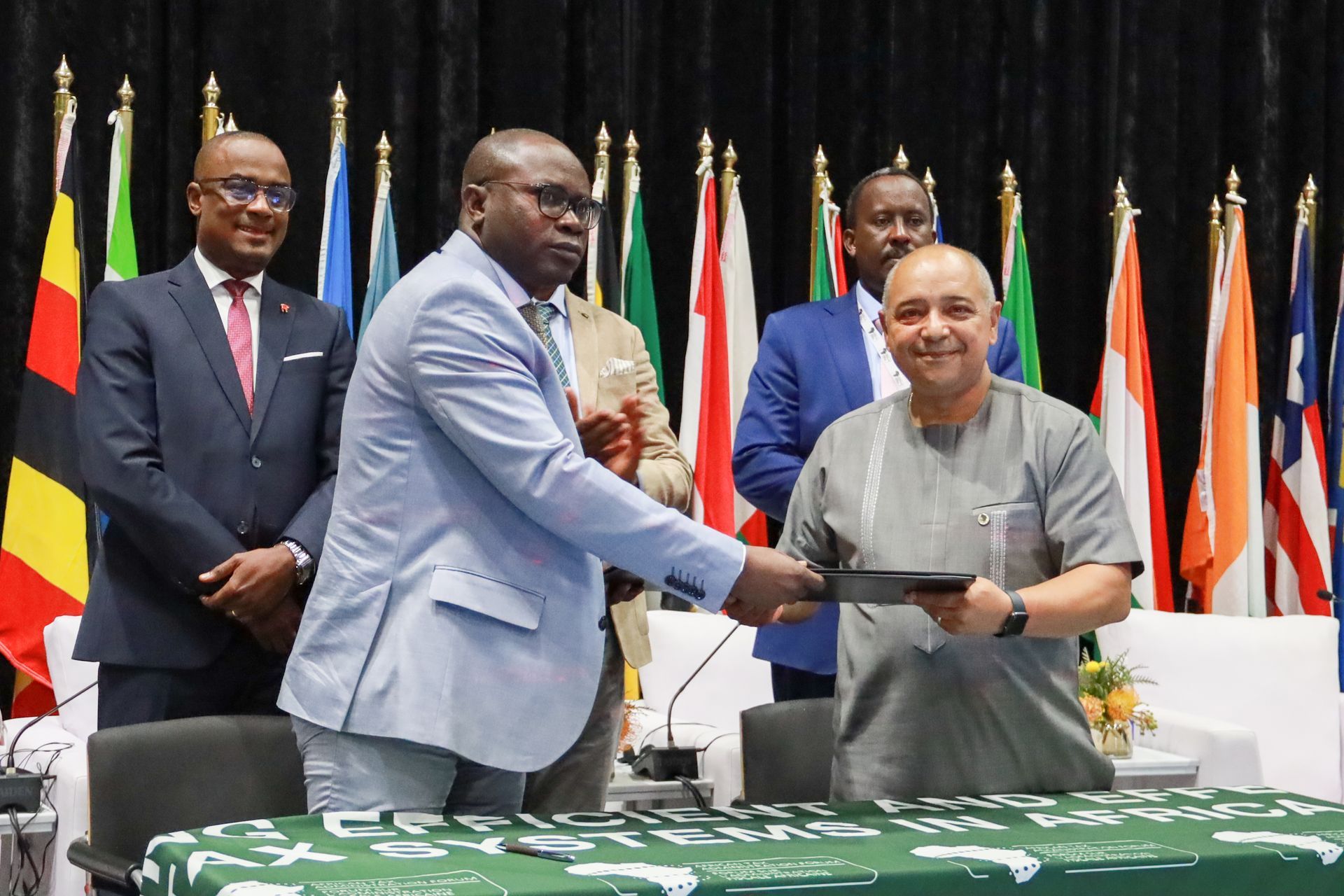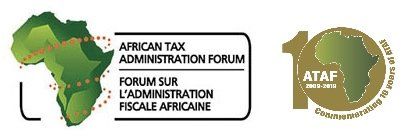ATAF’s Crossborder Taxation Technical Committee (CBT) reflects on the year ahead
ATAF’s Cross-border Taxation Technical Committee (CBT) met on Tuesday 18 and Wednesday 19 to reflect on some of the challenges and opportunities deriving from last year’s global agreement on the taxation of the digital economy.
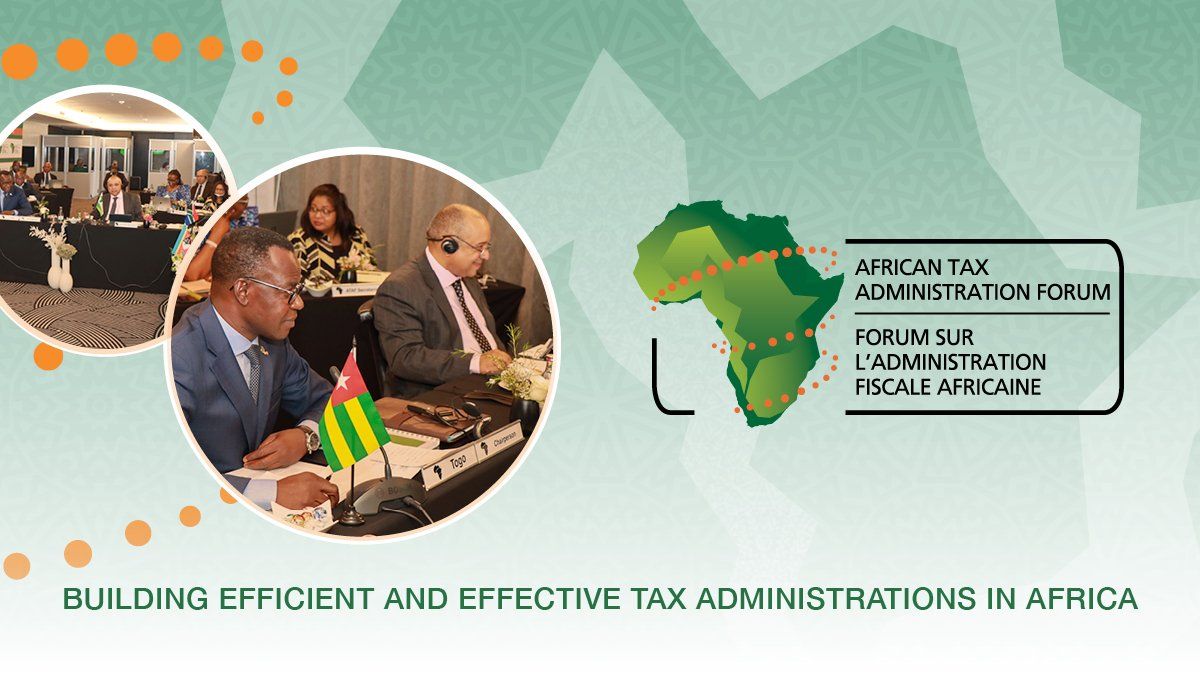
In October 2021, the global tax community reached a landmark agreement establishing a new set of international tax rules to address the tax challenges arising from the digitalization of the economy. The agreement, which has been described as the most significant revision of the international tax rules of the century, came as a result of nearly a decade of intense negotiations between the 140 members of the OECD’s Inclusive Framework (IF) and was formally adopted by the G20. It included inter alia, provisions for the partial reallocation of taxing rights to market jurisdictions (mostly developing countries) and a 15% global minimum tax for multinational enterprises (MNEs).
ATAF, through its Cross-border Taxation Technical Committee (CBT) played a key role in voicing Africa’s interests in the negotiation process. Through regular consultations, the unpacking of highly technical issues and provision of sound policy advice, the CBT Committee has been instrumental in ensuring the effective participation of the 23 African countries that are members of the Inclusive Framework into the debate.
The CBT Committee has further influenced negotiations by providing a series of commentaries to the various OECD proposals, several of which have been incorporated into the final deal. The Committee has also developed and published several technical notes aimed at unpacking the issues at stake and providing key considerations to be taken on board by African policymakers in the development of the adoption of new tax rules and the amendment of existing ones.
The work of the Committee yielded important results for the continent, including:
- The broadening of the scope of Pillar one to include all sectors of economic activities
- The exclusion of the extractives from Pillar one, as this group of products form the backbone of many African economies and derives its values from inherent characteristics rather than from marketing intangibles
- The reduction of the so-called “nexus threshold” from 5 million Euros originally to 250 000 Euros for smaller jurisdictions. This therefore ensures that no member of the Inclusive Framework loses out on the re-allocation of profits under the so-called Amount A.
The two-day meeting was aimed at examining the key design issues arising from Pillar One and Pillar Two decisions for African countries, including the scope of the extractives’ exclusion, tax certainty issues, questions of double tax relief and losses and the mechanism for determining Amount A in-scope MNEs.
Speaking to the Committee Members at the opening of the meeting, the Executive Secretary of ATAF, Mr. Logan Wort, reiterated the importance of applying the utmost thoroughness in the next phase of the process which entails the development of multilateral conventions and the drafting of detailed rules for the implementation of the agreement.
“The devil is in the details, and it is that detail where African countries must make their voices heard. I therefore encourage all members to put forward their technical interventions and further pledge ATAF support to developing these and voicing them at every opportunity.” said Mr. Wort.
The Committee also invited the Director of the OECD Centre for Tax Policy and Administration (CTPA), Mr. Pascal Saint-Amans, to update Members on progress of the on-going work on Pillar One and Pillar Two.
Thanking the Committee for the invite, Mr. Saint-Amans took the opportunity to express his appreciation to the ATAF Secretariat and the CBT Technical Committee for “the incredibly insightful and relentless work accomplished towards reaching a global agreement on the taxation of the digital economy. “Getting over 190 economies to a set of rules of this magnitude is truly unprecedented and it would have never been possible without ATAF’s contribution”, he added.
Mr. Saint-Amans went on to reassure the Committee that the CTPA will continue to work in collaboration with ATAF in the years ahead, to ensure a fair outcome for developing countries and Africa in particular. 2022 will bring more work for both entities and there certainly remains numerous challenges to address, but through compromises and constant engagement, these can be overcome.
The meeting concluded with renewed commitment from CBT Committee Members to continue to represent ATAF Members’ interests and Africa’s in the next phase leading to the implementation of the two-pillar deal.
About ATAF’s Technical Committee of Crossborder Taxation (CBT)
The CBT Technical Committee was formed in 2014 as a means of gathering the best technical tax minds from the ATAF membership. The first task of the CBT was to develop technical arguments and solutions for complex cross border transactions. This later transcended into an important role in the global tax debate around the Base Erosion and Profit Shifting Project (BEPS). The CBT not only provides technical updates but also assists the ATAF Secretariat in representation at the OECD and the United Nations. Members of the CBT are also an integral part of ATAF’s technical assistance drive on the continent, offering their support to fellow countries and promoting peer-learning for African excellence. There are currently 11 countries represented in the CBT (Botswana, Burkina Faso (Chair), Kenya (Deputy Chair), Morocco, Nigeria, Senegal, South Africa, Tanzania, Uganda, Zambia, Zimbabwe.
WATCH: How ATAF’s Technical Committee Champions African Interests At OECD Inclusive Framework Discussions
CONTACT
14 Hilden Road (off Daventry Road),
Kaaimans Building,
3rd Floor, Lynnwood,
Pretoria, South Africa
Copyright © 2022 African Tax Administration Forum - All Rights Reserved

